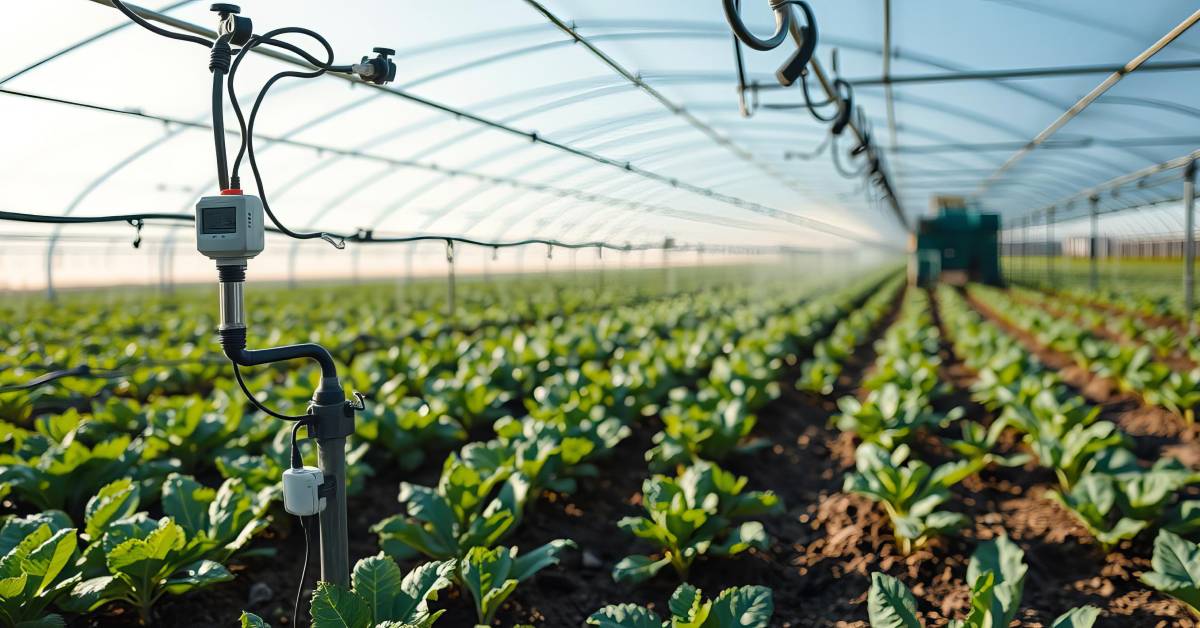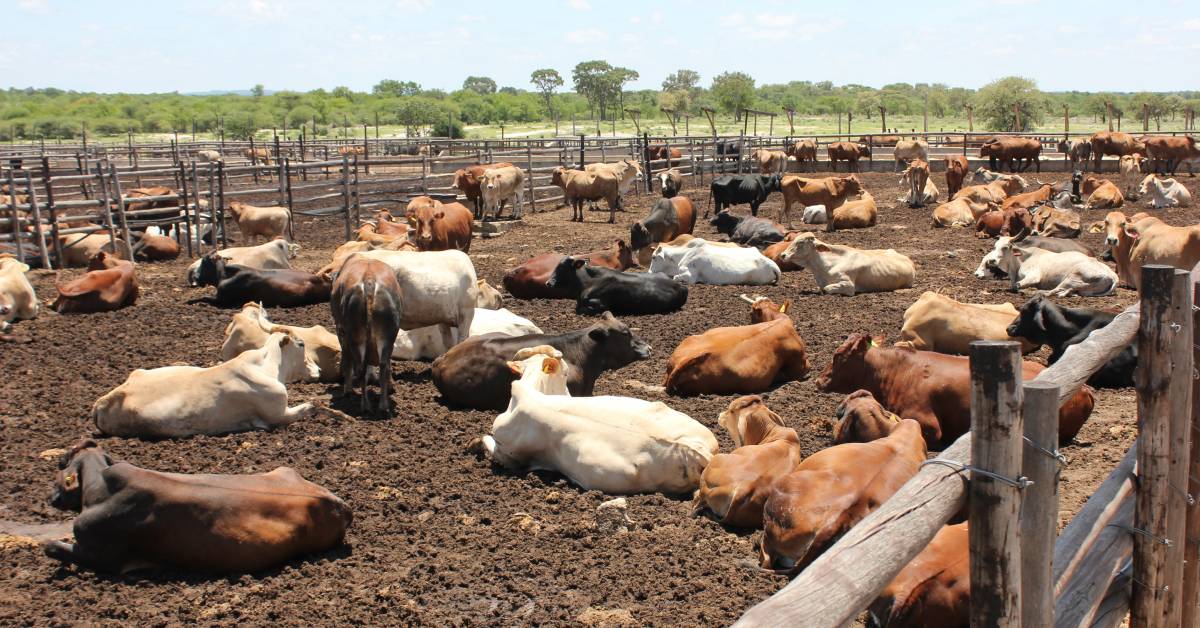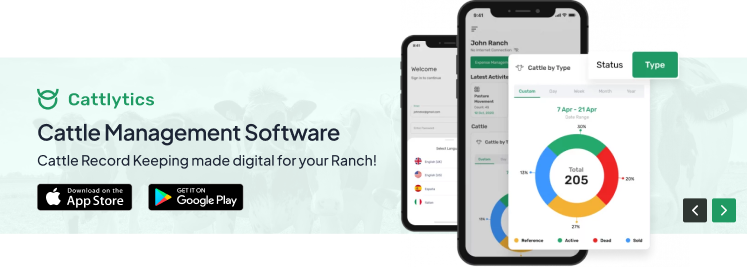Introduction
HACCP (Hazard Analysis and Critical Control Points) principles are pivotal in safeguarding food safety and pre-empting potential hazards in the food industry. By devising a structured HACCP plan, risks related to food safety hazards are meticulously identified, assessed, and mitigated at critical control points.
This systematic approach significantly curbs the likelihood of foodborne illnesses caused by contaminants, improper handling, or storage.
HACCP principles emphasize a proactive stance, steering the food industry away from reactive measures. Establishing critical control points ensures that essential stages of food production adhere to stringent safety protocols, upholding the integrity of the final product.
This methodology reduces health risks and elevates consumer trust and satisfaction.
Consequently, HACCP-based certifications validate a business’s commitment to excellence in food safety management, paving the way for smoother operations and fostering a healthier society.
What exactly is HACCP?
The internationally recognized Hazard Analysis Critical Control Points (HACCP) is a method of identifying and managing food safety-related risks that can give your clients, the general public, and regulatory agencies confidence that a food safety program is properly managed when it is a key component of an active food safety program.
HACCP is a management method that addresses food safety practices by analyzing and controlling biological, chemical, and physical food safety hazards from raw material production, procurement management, and handling to manufacturing, distribution, and final product consumption.
Presently, the framework is the foundation for the food safety management programs of many of the world’s greatest manufacturers and suppliers.
Understanding Food Safety Hazards Types
To safeguard consumer health and the integrity of the food supply chain, maintaining food safety is of utmost importance. Risks that could jeopardize the quality and safety of food products are known as food safety hazards.
Each of these threats requires stringent preventive measures, which can be divided into several types.
- Biological Hazards: These include microorganisms such as bacteria, viruses, and parasites. Food Contamination by these pathogens can lead to foodborne illnesses.
- Chemical Hazards: Chemical substances like pesticides, food additives, and contaminants can pose significant threats if they enter food products.
- Physical Hazards: Foreign objects like glass, metal, or plastic fragments can inadvertently end up in food, posing risks of choking or injury.
- Allergenic Hazards: Allergens present in certain foods can trigger allergic reactions in susceptible individuals, necessitating accurate labeling and prevention of cross-contamination
Well, innovative solutions like EcoDocs are crucial in addressing these risks. EcoDocs serves as a digital system, aiding in the comprehensive food safety management by facilitating hazard identification, monitoring, and control across the entire supply chain.
This system not only fosters paperless agricultural practices but also enhances traceability and transparency, thereby mitigating the threats associated with hazards. This fusion of technology and food safety principles signifies a pivotal step toward safeguarding both consumer well-being and the integrity of the food supply chain.
Cracking the Code: 7 HACCP Principles for Food Safety
1- Conduct Hazard Analysis:
A meticulous hazard analysis is essential for food safety management systems, identifying potential hazards in the food supply chain, such as physical, chemical, biological contamination threats, and allergenic issues.
Critical control points are determined based on threat likelihood and seriousness, aligning with HACCP principles. This approach prevents foodborne illnesses, maintains compliance, and establishes robust safety measures.
Proactive risk identification is vital for consumer confidence, legal adherence, and obtaining HACCP-based certifications signifying commitment to food supply chain safety.
2- Identify the Control Points:
Critical Control Points (CCPs) serve as pivotal junctures within the food manufacturing landscape, where potential risks must be rigorously controlled, diminished, or eradicated to uphold the mantle of food safety.
These strategic checkpoints, carefully unearthed through exhaustive investigations, play a pivotal role in safeguarding end-consumers from potential hazards.
Amid this intricate hazard management framework, a novel digital marvel, EcoDocs, emerges as an indispensable asset. The essence of EcoDocs lies in its ability to identify and effectively manage these CCPs.
Doing so fortifies transparency and traceability across the intricate labyrinth of the supply chain. This ensures unwavering compliance with stringent food safety regulations and proactively safeguards against potential risks, elevating the overall standard of consumer satisfaction and acting as a bulwark for the well-being of the public at large.
In an era where technology converges with safety imperatives, EcoDocs stands as a testament to innovation’s capacity to intertwine with food safety protocols, sculpting a new paradigm where consumer protection and industry integrity harmoniously coexist.
3- Establish Critical Limits for Procedures:
Establishing precise critical limits for each Critical Control Point (CCP) is essential to ensure effective hazard control. These limits define the boundaries within which processes must operate to prevent hazards.
Examples include temperature ranges for cooking, pH levels for fermentation, and microbial counts for hygiene. Adherence to these limits maintains food safety standards by mitigating risks. Deviations could compromise product quality or trigger safety concerns.
Straying from set limits can lead to bacterial growth, allergen cross-contamination, or chemical reactions. Rigorous monitoring and corrective actions at CCPs guarantee that food products consistently meet safety criteria, assuring consumer well-being and regulatory compliance.
4- Establish Monitoring Actions:
Critical Control Points (CCPs) must be continuously monitored and measured to guarantee consistent hazard control in the food sector. This constant food safety inspection checklist ensures procedures stay within established critical bounds, minimizing hazards.
Modern technology, represented by food safety software, has introduced real-time monitoring and data recording. These cutting-edge solutions simplify monitoring and give quick insights into CCP performance.
This helps with data-driven decision-making and speeds up the response to deviations. Businesses may maintain safe conditions for food production, strengthen compliance with regulations, and quickly address any anomalies that could jeopardize food safety by adopting cutting-edge technologies like EcoDocs.
5- Outline Corrective Actions:
Predefined corrective actions are vital when critical limits are breached or hazards emerge, ensuring a swift response to maintain food safety. EcoDocs aids businesses in formulating and executing efficient corrective actions.
This digital tool streamlines the process, enabling immediate identification of issues, timely interventions, and seamless protocol adherence. This proactive approach safeguards consumer well-being, sustains compliance, and underscores the role of technology in enhancing food safety management.
6- Establish Record-Keeping for Processes:
Hazard analysis, continuous monitoring, and prompt corrective actions are at the core of effective food safety management. EcoDocs, a holistic digital solution, solidifies these pillars by creating an enduring 24/7 record-keeping mechanism.
Through process automation, EcoDocs minimizes the potential for human errors and reinforces adherence to regulatory standards. This harmonious amalgamation ensures a fluid synergy in implementing hazard control strategies, cultivating an environment of both consumer safeguarding and operational finesse within the intricate realm of the food industry.
In this modern age of advanced technology, EcoDocs emerges as a lighthouse guiding the food sector toward a safer and more efficient future.
7- Establish Procedures for Verification:
It is crucial to validate the HACCP plan’s effectiveness after adoption to guarantee food safety. The HACCP system is guaranteed to address identified hazards through verification procedures successfully.
This approach is aided by EcoDocs, which provides instruments for assessing monitoring procedures, and thorough record-keeping. This guarantees continuing compliance and guards against any threats.
EcoDocs strengthens the HACCP system’s dependability by enabling thorough verification, boosting consumer confidence, and upholding industry standards.
Role of EcoDocs in Simplifying HACCP Compliance
EcoDocs is a unique technology that alters how food companies approach food safety. It enables enterprises to easily manage the intricacies of Hazard Analysis and Critical Control Points (HACCP) systems because of its wide range of strong features such as
- Comprehensive Record-Keeping: The platform’s capacity to keep records around-the-clock reduces manual errors and improves regulatory compliance.
- Real-Time Monitoring: Tools for real-time monitoring provide quick insights, enabling pre-emptive actions and reliable adherence to safety procedures.
- Efficient CCP Identification: EcoDocs streamlines Critical Control Point (CCP) identification, aiding in swift hazard management.
- Effective Corrective actions: When deviations from important limits happen, EcoDocs helps establish corrective actions.
- Simplified Verification: Through extensive assessment tools, the platform streamlines verification processes.
- Navigating Regulatory Landscapes: EcoDocs helps businesses navigate complex regulations and industry standards seamlessly.
- Empowering Consumer Safety: By prioritizing safety, EcoDocs empowers businesses to ensure consumer well-being.
- Regulatory Compliance: The platform aids businesses in achieving and maintaining regulatory compliance.
FAQs
Q- Why are the seven principles of HACCP essential for food businesses?
The seven principles of HACCP (Hazard Analysis and Critical Control Points) are crucial for food businesses because they provide a systematic framework to ensure food safety. These principles help identify and manage potential hazards at critical production, handling, and distribution stages.
By adhering to these principles, businesses can prevent foodborne illnesses, maintain product quality, and comply with regulatory standards.
The principles guide businesses in implementing effective control measures, establishing critical limits, and ensuring continuous monitoring and improvement, ultimately enhancing consumer confidence and safeguarding public health.
Q- What are the main types of hazards in the food supply chain?
The main types of hazards in the food supply chain management include physical hazards (foreign objects), chemical hazards (contaminants or additives), biological hazards (harmful microorganisms), and allergenic hazards (ingredients triggering allergies).
These hazards can occur at various production, handling, and distribution stages, underscoring the importance of robust safety protocols and management systems to ensure the integrity of the food supply chain and protect consumer health.
Q- How does EcoDocs help with HACCP compliance?
EcoDocs aids HACCP compliance by offering tools to efficiently create and manage HACCP plans. It assists in identifying critical control points to mitigate food safety hazards, reducing the risk of foodborne illnesses.
By streamlining real-time monitoring, corrective actions, and verification procedures, EcoDocs ensures rigorous adherence to HACCP principles.
This robust digital system enhances transparency, record-keeping and ultimately contributes to obtaining HACCP-based certifications, affirming a commitment to rigorous food safety management practices.
Q- Can HACCP principles help processing plants gain a competitive advantage?
HACCP plan for meat processing plants can guide firms about a noticeable competitive edge. These facilities improve food safety and product quality by employing thorough hazard analysis, important control point identification, and efficient preventative measures.
This lowers the possibility of expensive product recalls and legal action due to contamination, and increases consumer loyalty and trust.
Utilizing HACCP principles to meet and exceed food safety regulations can enhance a processing plant’s reputation and set it apart as a dependable, quality-conscious organization.
The factory gains a competitive edge in the market by adhering to HACCP-based certifications, demonstrating a commitment to excellence, and drawing in clients who value safety.
Q- Is EcoDocs suitable for processing plants of all sizes?
Yes, EcoDocs is designed to cater to processing plants of all sizes. Its adaptable features accommodate the diverse needs and complexities of small, medium, or large operations.
Regardless of size, every processing plant can benefit from EcoDocs’ capabilities in hazard analysis, critical control point identification, monitoring, corrective actions, and verification procedures.
This digital solution streamlines food safety management, enhances compliance, and ensures transparency across the supply chain. From small businesses to industrial operations, EcoDocs offers a versatile tool to elevate food safety standards, promoting consumer confidence and regulatory adherence.







